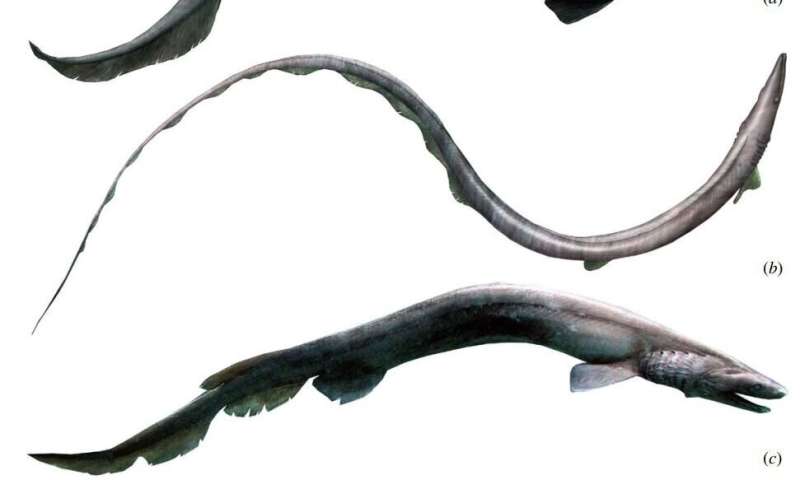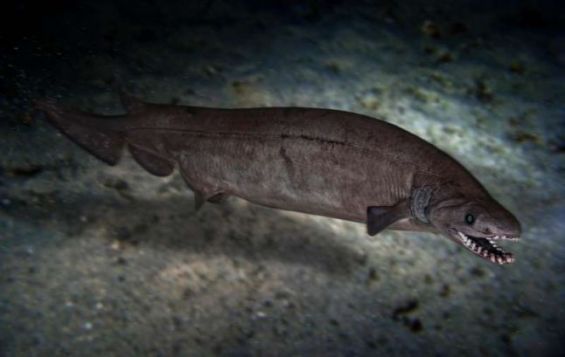An international group of researchers has finally been able to answer questions related to the life of ancient sharks. In the Anti-Atlas Mountains of Morocco, this team was able to find the skeleton of Phoebodus, a primitive shark.
In a paper published in Proceedings of the Royal Society B, paleontologists reveal that the Morocco Phoebodus fossils are from the latter of two faunal stages in the Late Devonian epoch.
Said remains were found in Dayat El Maider, a mountainous region in Eastern Morocco that had once been a shallow sea basin, and which is «estimated to be about 360 to 370 million years old», National Geographic wrote on Tuesday.
Modern sharks vs ancient sharks
To researchers, the new discovery, is telling a lot about these sea predators that were long extinct. Studying these new fossils, they revealed that the primitive shark that once lived in Morocco has a body that is similar to the frilled shark, an extant species of shark with a wide but patchy distribution in the Atlantic and Pacific Oceans.
According to the same paper, Phoebodus shares many characteristics with frilled sharks, with its «anguilliform body, specialized braincase, hyoid arch, elongate jaws and rostrum». The striking similarities between the two species are not just limited to their eel-like body plan but also their teeth.

«The frilled shark is a specialized predator, with the ability to suddenly burst forward to catch its prey», David Ebert, a modern shark expert at the Pacific Shark Research Center who has studied the frilled shark for decades, told National Geographic. «The inward-pointing teeth then help to make sure the prey can only go one way: into its throat. Maybe Phoebodus did something similar», he added.
In addition to this comparison, researchers suggest that the primitive shark has some similarities with alligator gar, a ray-finned euryhaline fish.
According to the same source, Phoebodus went extinct during the Carboniferous era, millions of years ago. Researchers believe that the shark discovered in Morocco died because of «limited water circulation and low oxygen levels».




 chargement...
chargement...













